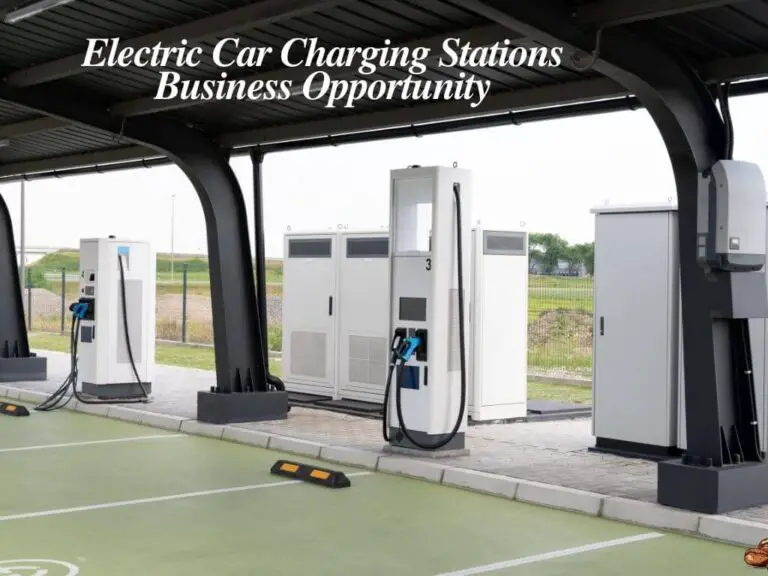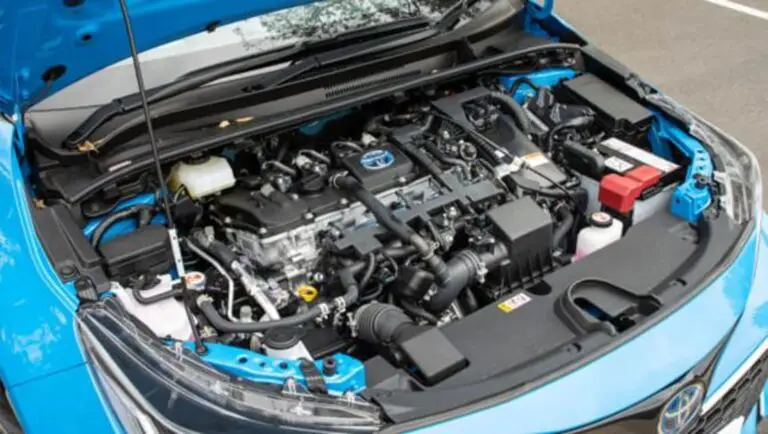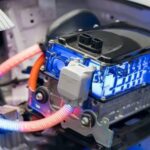Electric vehicles do not need oil changes. Unlike traditional vehicles with internal combustion engines, electric cars run on batteries and electric motors, eliminating the need for engine oil.
Do Electric Vehicles Need Oil Changes? Along with skipping oil changes, EVs also require less maintenance overall due to their simpler mechanical structure. With fewer moving parts, there are fewer components to maintain or replace, reducing maintenance costs and extending the lifespan of the vehicle. While electric cars still require regular maintenance for items like brakes and tires, the absence of oil changes is a notable advantage for electric vehicle owners.
Additionally, the reduction in oil changes contributes to the environmental benefits of electric vehicles, as it reduces the consumption of fossil fuels and emissions associated with oil changes.
Understanding The Basics Of Electric Vehicles
Electric vehicles do not require oil changes since they don’t have an internal combustion engine or moving parts that need lubrication like traditional cars. However, regular maintenance is still necessary for items such as brakes, tires, and the battery pack.
Overview Of Electric Vehicles And Their Mechanics
Electric vehicles (EVs) are gaining popularity as eco-friendly alternatives to traditional gasoline-powered cars. Unlike their counterparts, EVs do not rely on fossil fuels and instead use electricity stored in batteries to power their engines. Understanding the mechanics of electric vehicles can help dispel common misconceptions and shed light on their unique maintenance requirements.
Differences Between Electric Vehicles And Traditional Gasoline-powered Cars
One of the key differences between electric vehicles and traditional gasoline-powered cars is the absence of an internal combustion engine in EVs. Gasoline-powered cars require regular oil changes to ensure proper lubrication and prevent engine damage. In contrast, electric cars use electric motors that do not have the same mechanical parts as traditional engines, such as pistons and valves, that require lubrication. This means that electric vehicles do not need oil changes.
Moreover, electric vehicles do not have a transmission system like traditional cars, which also eliminates the need for transmission fluid changes. In traditional cars, transmission fluid is used to lubricate gears and facilitate smooth shifting of the engine’s power to the wheels. Since electric vehicles rely on direct drive systems or single-speed transmissions, they do not require transmission fluid changes either.
While electric vehicles do not require oil changes or transmission fluid changes, they still require regular maintenance for other components such as brakes, tires, and battery packs. Just like any vehicle, brakes and tires need to be checked and replaced as needed to ensure optimal performance and safety. Additionally, battery packs, which are essential for storing and providing electricity to the electric motor, may experience degradation over time and may need to be replaced or serviced.
In conclusion, electric vehicles do not require oil changes due to their different mechanics compared to traditional gasoline-powered cars. However, regular maintenance checks and servicing are still necessary to keep the electric vehicle running smoothly and efficiently.
Maintenance Requirements Of Electric Vehicles
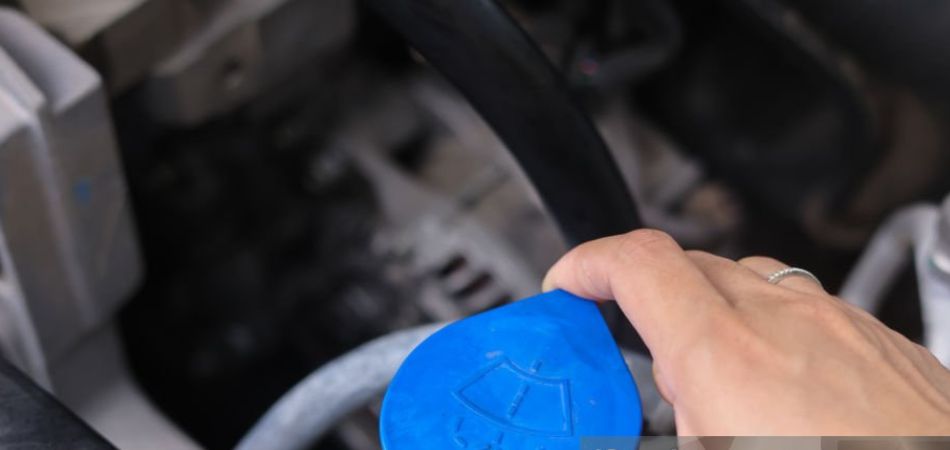
Electric vehicles do not require oil changes, as they do not have an internal combustion engine that requires lubrication. With no pistons or other moving parts that need maintenance, EVs provide a low-maintenance option for car owners.
Discussion On The Maintenance Needs Specific To Electric Vehicles
When it comes to maintaining an electric vehicle (EV), there are some key differences compared to traditional gasoline-powered cars. For starters, one of the biggest advantages of electric cars is that they don’t need oil changes. Unlike internal combustion engines, EVs do not rely on oil for lubrication or cooling purposes. This means you can bid farewell to those frequent and often messy oil change appointments.
Explanation Of Regular Maintenance Tasks
While EVs may not require oil changes, it’s important to note that they are not entirely maintenance-free. Regular maintenance tasks need to be performed to ensure your electric vehicle runs smoothly and efficiently. Let’s take a look at some of the key maintenance requirements:
- Battery Health: The battery pack is the heart of an electric vehicle, and its health directly impacts performance and driving range. Regular monitoring and maintenance of the battery pack, including checking its state of charge and ensuring proper cooling, are essential.
- Brakes and Tires: Just like any other vehicle, EVs require regular checks and maintenance for brakes and tires. This includes inspecting brake pads, rotors, and tire tread depth, as well as rotating the tires and replacing them when necessary.
- Coolant: While EVs don’t need coolant for an engine, they still rely on coolant for temperature regulation of the battery pack and other components. Regular checks and replacement of coolant are important to prevent overheating and maintain optimal performance.
- Filters: While EVs don’t have fuel filters,they may have cabin air filters that need to be replaced periodically. These filters help keep the air inside the vehicle clean and free from pollutants.
- HVAC System: The heating, ventilation, and air conditioning (HVAC) system in an EV requires regular maintenance, including checking and cleaning the air vents, inspecting the compressor, and recharging the refrigerant if needed.
- Electrical System: EVs rely on a complex electrical system, including the charging port and wiring. Regular inspection and maintenance of the electrical system, including checking for loose connections and potential issues, are important for safety and optimal performance.
By adhering to these regular maintenance tasks, you can ensure that your electric vehicle operates at its best and prolong its lifespan. Additionally, it’s always a good idea to consult the manufacturer’s guidelines and recommendations for specific maintenance procedures and intervals.
Engine Oil And Electric Vehicles : Do Electric Vehicles Need Oil Changes
Electric vehicles do not require oil changes as they do not have an engine that requires lubrication. Unlike traditional cars, EVs use electric motors instead of pistons and valves, eliminating the need for engine oil. However, regular maintenance for brakes, tires, and the battery pack is still necessary.
Clarifying The Role Of Engine Oil In Gasoline-powered Cars
When it comes to gasoline-powered cars, engine oil plays a crucial role in ensuring smooth operation. The engine oil lubricates the moving parts, reduces friction, and helps to dissipate heat. It also helps to clean the engine by removing dirt and debris, preventing the build-up of harmful deposits.
Regular engine oil changes are necessary to maintain the optimal performance of the engine and prevent potential damage. Without proper lubrication, the engine can wear out faster, leading to decreased performance and potential mechanical failures.
Highlighting The Absence Of Engine Oil In Electric Vehicles
One of the significant advantages of electric vehicles (EVs) is that they do not rely on an internal combustion engine that requires engine oil. Unlike gasoline-powered cars, EVs use an electric motor powered by a battery. The absence of an engine means that electric cars do not need engine oil changes.
In a traditional gasoline-powered car, transmission fluid is used to lubricate the gears and facilitate smooth shifting. However, electric vehicles do not have gears like their gasoline counterparts. Instead, they have a direct drive mechanism, eliminating the need for transmission fluid.
Without the need for engine oil and transmission fluid, electric vehicles offer a lower maintenance requirement compared to gasoline-powered cars. EV owners can enjoy reduced maintenance costs and fewer visits to the service center.
Fluids And Lubrication In Electric Vehicles
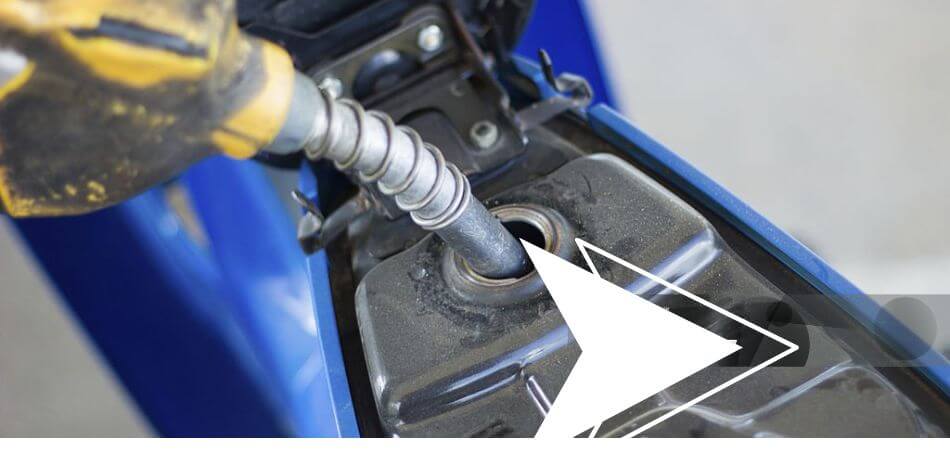
Electric vehicles do not require oil changes because they do not have an engine that needs lubrication. Unlike conventional cars, electric vehicles use a battery and electric motor, eliminating the need for traditional engine oil maintenance.
Electric vehicles (EVs) are known for their eco-friendly nature and the absence of traditional fuel-related maintenance. One often overlooked aspect of EV maintenance is the fluids and lubrication needs. While EVs do not require oil changes like internal combustion engine vehicles, they still rely on various fluids for smooth operation and proper functioning of certain components. In this section, we will discuss the fluids and lubrication requirements of electric vehicles.
Discussing The Fluids And Lubrication Needs Of Electric Vehicles
EVs may not have engines or require oil changes, but they still rely on fluids and lubrication for optimal performance. These fluids play a vital role in cooling, lubricating, and protecting important components within the electric vehicle. Let’s explore the relevant fluids and their purposes in a typical electric vehicle.
Identifying The Relevant Fluids And Their Purposes In Electric Vehicles
Coolant: EVs rely on a cooling system that uses coolant to maintain optimal temperatures for the battery pack, electric motor, and other critical components. Coolant helps dissipate heat and ensures that the electrical systems operate efficiently.
2. Transmission Fluid: Although EVs don’t have traditional transmissions, some have a single-speed gearbox or a reduction gear system. These components require lubrication to reduce friction and ensure smooth power transmission.
3. Brake Fluid: Electric vehicles use regenerative braking, which helps recharge the battery by converting the kinetic energy of the wheels into electrical energy. However, they still rely on hydraulic brakes for emergency stops. Brake fluid is necessary for transmitting the force from the brake pedal to the brake calipers, ensuring proper braking performance.
4. Power Steering Fluid: Some electric vehicles have power steering systems that assist the driver in turning the wheels. These systems rely on power steering fluid to provide hydraulic assistance, making steering easier and more responsive.
5. Windshield Washer Fluid: While not directly related to the performance of an electric vehicle, windshield washer fluid is still essential for maintaining clear visibility on the road. It helps remove dirt, mud, and other debris from the windshield, ensuring safe driving conditions.
It is crucial for EV owners to regularly check these fluids and adhere to the manufacturer’s recommendations for maintenance intervals. While EVs require less fluid and lubrication-related maintenance compared to conventional vehicles, proper care and attention to these fluids will contribute to the longevity and performance of the electric vehicle.
Although electric vehicles do not require oil changes, they still rely on various fluids for optimal functioning. These fluids, such as coolant, transmission fluid, brake fluid, power steering fluid, and windshield washer fluid, play essential roles in cooling, lubrication, and overall performance. Regular maintenance and monitoring of these fluids are necessary to ensure a smooth and efficient driving experience with an electric vehicle.
V. Alternative Maintenance Tasks For Electric Vehicles
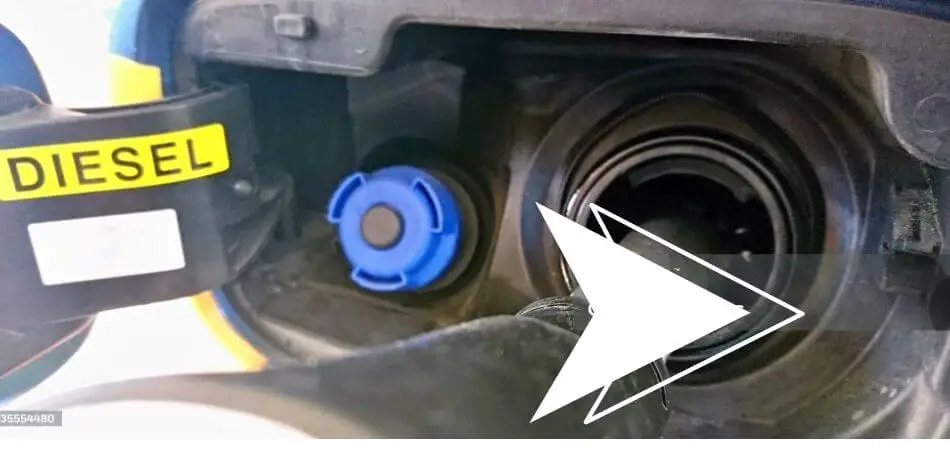
Unlike traditional gasoline-powered cars, electric vehicles do not require oil changes. This is because they do not have an engine with moving parts that need lubrication. However, electric cars still require regular maintenance for other components such as brakes and tires.
Exploring The Maintenance Tasks That Electric Vehicles Still Require
Electric vehicles (EVs) have revolutionized the automotive industry with their eco-friendly and cost-effective nature. One of the major advantages of owning an EV is the elimination of regular oil changes, as they don’t rely on combustion engines. However, it’s important to note that EVs still require alternative maintenance tasks to ensure their optimal performance and longevity.
Providing An Overview Of Necessary Maintenance Procedures For Electric Vehicles
While traditional vehicles rely on oil changes to lubricate their engines, EVs operate differently. They have fewer moving parts and do not contain an internal combustion engine that requires oil. Hence, owners of electric cars can finally bid farewell to the regular hassle of oil changes. However, this doesn’t mean that EVs are maintenance-free.
Below, we’ll explore the alternative maintenance tasks that electric vehicles still require:
Battery Maintenance
The battery pack is the heart and soul of an electric vehicle. Just like any other battery, it requires regular monitoring and maintenance to ensure longevity and optimal performance. Here are a few key points to keep in mind:
- Regularly check the battery’s state of charge and voltage levels.
- Monitor and manage battery temperature to prevent overheating or excessive cold.
- Follow manufacturer guidelines on battery storage and charging practices.
- Consider scheduled maintenance and inspections by certified technicians to identify any potential issues.
Brake Maintenance
While EVs utilize regenerative braking systems that reduce brake wear, they still require regular maintenance. Here’s what you should know:
- Check brake pads and discs periodically for wear and tear.
- Keep an eye out for any abnormal sounds or vibrations during braking.
- Consider scheduling regular brake fluid flushes as recommended by the manufacturer.
Tire Maintenance
Proper tire maintenance is essential for any vehicle, including electric cars. Here are some tips:
- Regularly check tire pressure and ensure it matches the manufacturer’s recommended specifications.
- Rotate tires periodically to ensure even wear and maximize their lifespan.
- Inspect tires for signs of damage or excessive tread wear and replace them as necessary.
Other Maintenance Tasks
Although EVs have fewer maintenance requirements compared to traditional vehicles, there are still a few additional tasks to keep in mind:
- Regularly check and top up the coolant level to ensure proper temperature regulation.
- Monitor and maintain other fluids, such as windshield washer fluid and power steering fluid.
- Keep an eye on the condition of other vehicle components, such as lights, wipers, and the charging system.
By staying on top of these alternative maintenance tasks, EV owners can ensure that their vehicles perform optimally and enjoy the full benefits of electric mobility. While the absence of oil changes is a significant advantage of owning an EV, it’s crucial to remember that regular maintenance is still necessary for the smooth operation and longevity of the vehicle.
Conclusion
To clarify any misconceptions, electric vehicles do not require oil changes. Unlike traditional gasoline-powered cars that rely on engine oil to lubricate moving parts, electric cars operate without an internal combustion engine, eliminating the need for oil. However, this does not mean electric cars are maintenance-free.
Regular maintenance for components like brakes, tires, and the battery pack is still necessary. Overall, electric vehicles offer a more sustainable and environmentally friendly alternative, reducing the dependence on fossil fuels and minimizing harmful emissions.
Frequently Asked Questions
Do Electric Cars Need Any Maintenance?
Electric cars do not require oil changes since they do not have an engine that requires lubrication. However, they still need regular maintenance for components like brakes and tires. Additionally, the battery pack may require maintenance and there can be issues with battery degradation.
Overall, electric cars have lower maintenance requirements compared to gasoline-powered cars.
What Is The Maintenance Cost For Electric Vehicles?
Electric vehicles (EVs) do not require oil changes as they do not have an internal combustion engine. However, they still need regular maintenance for items like brakes and tires, just like any other vehicle. EVs use an electric motor instead of traditional engine components, so there is no need for engine oil.
How Do Electric Cars Work Without Oil?
Electric vehicles (EVs) work without oil because they don’t have an internal combustion engine with moving parts that require lubrication. Instead, they are powered by a battery and an electric motor, eliminating the need for traditional engine oil. EVs still require maintenance for things like brakes and tires, but not for oil changes.
Do Electric Cars Use Oil To Charge?
No, electric cars do not use oil to charge as they do not have a traditional internal combustion engine. They operate on a battery and electric motor, eliminating the need for motor oil and regular oil changes.

